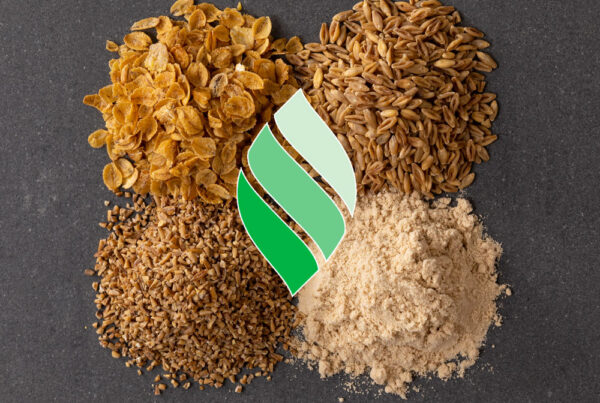We all know that a healthy heart is the key factor in helping us to live a long, healthy life. But unlike gut health, where we can generally feel if something isn’t quite right – heart health is hard to see, and hard to feel – until it’s too late.
We’ve prepared a simple, six-step guide to help you live your happiest, heart-heathiest life. Read on!

Get Active
Get out, get active! Exercise strengthens every muscle in the body – including the heart. A healthy, strong heart can more effectively and efficiently pump blood around the body. The more blood the heart can push out with each beat, the less it actually needs to beat – helping to keep your blood pressure under control. In addition to this, exercise burns calories to assist you in reaching (and maintaining) a healthy weight. If this weren’t enough to encourage you to get your sneakers on, here’s something that might change your mind. Just one bout of exercise can start to protect your heart straight away. Get active today!
 Reduce Your Blood Sugar
Reduce Your Blood Sugar
Effectively managing blood sugar levels is essential when it comes to heart health. In fact, both type 1 and type 2 diabetes are some of the most significant risk factors when it comes to the development of cardiovascular disease. When diabetes is not effectively controlled, the walls of the arteries can harden which can lead to heart disease.
Manage The Battle of The Bulge
The dreaded kilo creep can catch up with us all. Hectic lifestyles, reduced time to exercise and the increase in ‘on-the-go’ meal solutions compound to have us loosening the belt notch before we know it. But making a concerted effort to manage your weight can play a big role in ensuring you maintain your heart health by helping to lower your blood pressure and cholesterol.
Keep the (Blood) Pressure Down
We all know that keeping your blood pressure at a healthy level is important for maintaining heart health. But what exactly is blood pressure? The Heart Foundation offers this explanation: “Blood pressure is the pressure of your blood on the walls of your arteries as your heart pumps it around your body.” Blood pressure is vital to the functioning of your heart and circulation. When blood pressure is consistently too high, your risk of developing heart disease is increased. Some lifestyle changes can help to keep your blood pressure in check (such as making informed food choices and increasing exercise). However, there are other factors that come into play with blood pressure, such as family history. If you’re concerned about your blood pressure, it’s best to consult your doctor.
See ya, Cigarettes
It goes without say – cigarettes do not contribute anything to your health – and especially not the health of your heart. Specifically, smoking damages the lining of the arteries, which can lead to a build up of fatty material that blocks the artery. Left untreated, these blockages can cause angina, a heart attack or stroke. Scary stuff.
Control Your Cholesterol
Much like the impact of smoking, too much cholesterol in your blood stream can lead to a build up of plaque in the artery walls. This build up is known as atherosclerosis. Over time, as the plaque increases, the arteries become narrower and narrower, and the blood flow to the heart is impaired or blocked. It’s important to note however, that not all cholesterol is bad. Low density lipoproteins (LDL) are the ‘bad’ form of cholesterol that is the main source of plaque build up and blockage in the arteries. On the other hand, high density lipoproteins (HDL) help to keep cholesterol from accumulating in the arteries. Your total cholesterol reading is a combination of both HDL and LDL levels. Choosing foods that help lower LDL cholesterol and/or help increase HDL cholesterol, such as wholegrains (which lower LDL cholesterol), can make a big difference when it comes to keeping your heart happy and healthy.
So, there you have it. It’s not hard to keep your heart happy and healthy! Implementing these simple steps can make a big difference when it comes to your longevity and ability to enjoy life well into the future.
Intended as general advice only. Consult your health care professional to discuss any specific concerns.




